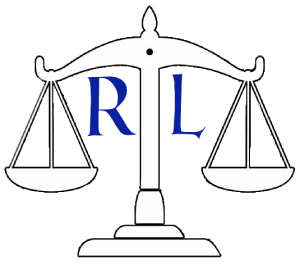Lawyers often come across disputes between beneficiaries as to the costs that the executor has run up in finalising the estate.
The Succession Act provides that the executor can pay “proper and reasonable expenses”. What does that mean?
It is well settled that where someone has paid funeral expenses he/she is entitled to reimbursement. However, reimbursement of extravagant expenses is not allowed and, where there is a dispute, the Courts have looked at the circumstances of each case. The Courts acknowledge that funeral practices vary depending on the deceased’s wealth, cultural and religious obligations.
In a recent Cairns case, an extraordinary claim was made for funeral costs of almost $224,000.00, including $25,000.00 for “cultural grievance”, $35,000.00 for “contributions to relatives” and $20,250.00 for “stress”. The argument was that such costs were culturally appropriate for a Torres Strait Islander man who died.
The Court had no trouble in deciding that “funeral expenses” is confined to actual costs such as the preparation of the body, burial plot, public notification of the death and the actual burial or cremation. It does not include every expenditure associated with the funeral such as mourning rites.


Leave a Reply